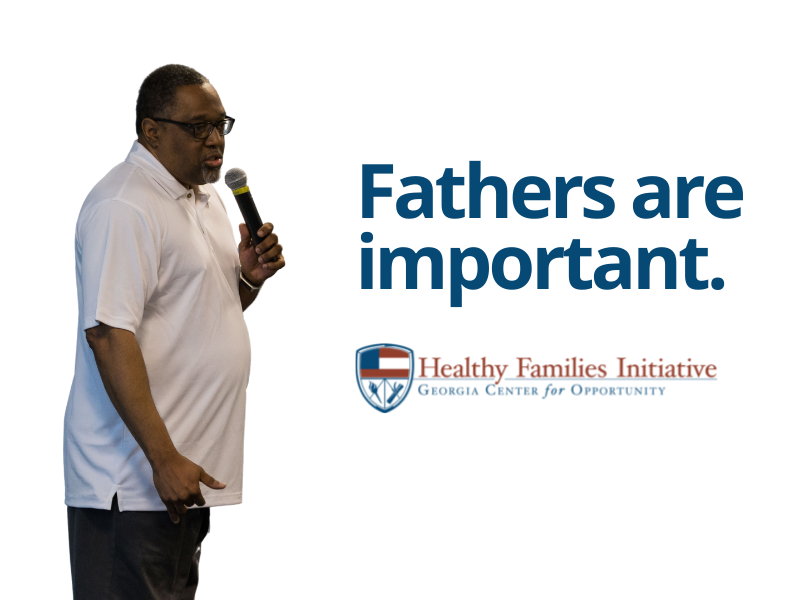
Inflation’s Growing Problem: A warning shot for Congress
Inflation’s Growing Problem: A warning shot for Congress

The inflation rate in July—as measured by the seasonally-adjusted Consumer Price Index (CPI)—abated somewhat from June’s rate, increasing at 0.5% instead of 0.9%. But don’t cheer too much yet.
This is known by economists as disinflation, not deflation. The rate came down, but prices are still continuing to climb.
Annualized, the monthly inflation rates calculate to 5.8% for July and 11.4% for June. Both rates continue to exceed the Federal Reserve’s target of 2% annual inflation. Of course, as I discussed in this blog, the Fed’s 2% target rate is too high and compromises Congress’s original goal of promoting purchasing power that would benefit everyone.
Prices are Ratcheting Upwards
When the CPI inflation rate is viewed by its increase from the same month of the prior year, the trend is not good.
Although the increase over the prior year held steady for July, prices were also increasing last year. That is, prices are still 5.3% higher than a year ago when prices were also increasing. The problem is compounding, and prices are ratcheting upwards.

Perhaps not surprisingly but definitely unfortunately, the Fed’s economists appear to have been caught off guard. When Fed Chairman Jerome Powell testified before Congress last month, he admitted as much as inflation has spiked higher than they anticipated. However, he still maintained that the inflation is based on temporary factors that will abate with time.
Mr. Powell’s comments may have been just for the inflation rate, and he may be overly optimistic. In the meantime, we must brace ourselves for an increase in the price level.
To think that the price level may come down is probably unrealistic. That has not happened ever since we gave the Fed the responsibility to maintain purchasing power in 1946 that was dumbed down in 1978 to the weaker goal of “reasonable price stability.” Of course, this policy change happened during the complete failure of federal policymakers in both the Fed and Congress when the nation was suffering from double-digit inflation combined with stagnant economic growth.
Why does promoting purchasing power matter?
Inflation hurts practically everyone. If your wages do not keep up, your purchasing power is eroding.
This is truest for those in poverty, low-income families, and low-skilled labor. They will slip further behind, making income disparity worse and possibly causing Congress and state governments to spend more on safety-net programs that will only fuel inflation higher when Congress funds the increases with even more debt.
Businesses—who need predictability to make good entrepreneurial decisions—generally will also suffer, slowing down economic activity.
Workers will have a harder time keeping up with rising prices and will demand higher wages, only fueling inflation further.
More Cautious Approach to Government Spending is Needed
A likely major cause of the climbing price level is all the governmental debt-based spending to address the pandemic. Further debt-based spending will not ameliorate the problem but exacerbate it.
Congress needs to exercise more restraint and caution now as it considers the expansive spending bills that appear likely to pass. It is very likely that they are setting up the nation for unpleasant economic times, hurting the poorest among us the worst. The growth in the Consumer Price Index is an omen for Congress to take a step back and trim those bills.











